
Crime in wholesale has long been a taboo subject.
It’s always been an unwelcome part of the landscape, but it has historically been a topic wholesalers would rather avoid talking about openly.

The logic is there: no business wants to admit criminal activity is happening on their watch for fear retailers will shop elsewhere, particularly if a cash and carry isn’t highlighting a problem which could put them in danger.
However, there has been a considerable shift, and even a U-turn on this thinking of late. In part that is down to an uptick in criminal incidents and the glaring spotlight being shone on retail crime by the media. The latter is down to the likes of Co-op being brave enough to come out and say loud and clear that crimes against retailers are on the rise, shoplifting is spiralling and something must be done about this.
So what is being done by the government and does it go far enough?
Arguably the boldest crackdown has been the Prime Minister’s recent announcement to introduce a standalone offence protecting retail workers against assault. This has been a long-standing move called for by the industry. The amendment forms part of the overhaul to the Criminal Justice Bill which is currently going through Parliament.
While the FWD supports this robust move, it doesn’t quite go far enough.
That is why, when I gave evidence at the Home Affairs committee last week, I set out clear reasoning why this new offence must ensure that those working within wholesale, or retailers carrying out their duties at a cash and carry, must be in scope.
Why? Well, the answer is simple.
Wholesalers have seen criminal incidents jump 30% in the last three years, which is when the inquiry into retail crime was first launched by the Home Affairs select committee in 2021. That is despite security budgets tripling in the last three years to implement a raft of measures by wholesalers in a bid to mitigate the risk of crime.
These have included car park barriers, security guards, shutters and vibration sensors on the walls to prevent ram raids (one such incident resulted in £500,000 worth of high-end spirits, tobacco and vapes being stolen), InfraRed and motion sensors, caged roofs to prevent criminals going in over the top, daily visits from the likes of G4S to limit cash on the premises, smoke cloaks, switching from slam locks to freight security mechanisms to tackle crimes in transit, the introduction of body worn cameras for drivers and cash and carry staff and enhanced CCTV cameras.
These measures alone are not enough. Police attendance is not at the level it should be, and as police forces operate in silos there is limited sharing of intelligence between them. This is particularly frustrating in wholesale as so many incidents are a result of Organised Crime Gangs using motorway corridors to target wholesalers nationwide.
This is why the standalone offence must include those working in wholesale, those transporting goods between cash and carries and retail stores and retailers picking up goods from a wholesaler.
Police need to be clear that retail crime encompasses the wholesale sector, so that our sector too can be prioritised.
The risk is that if wholesale does not fall in scope we will see a displacement of crime on the high street to industrial estates where cash and carries are typically located.
Wholesalers are facing unprecedented levels of crime and stocking large quantities of easy to shift, high value stock makes them a target.
Wholesalers need the support of the police and the government to tackle this problem with a holistic approach in order to protect their retail customers – and the critical food and drink supply chain our country relies on.





![Muller_Bliss_Whipped_Elevated_Lemon_Meringue_Pie_FF[87]](https://d2dyh47stel7w4.cloudfront.net/Pictures/274x183/2/2/2/352222_muller_bliss_whipped_elevated_lemon_meringue_pie_ff87_462652_crop.jpg)

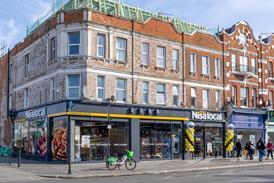
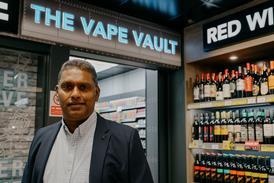







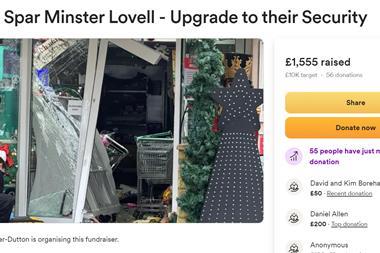
![Dhamecha logo[62]](https://d2dyh47stel7w4.cloudfront.net/Pictures/380x253/5/9/2/327592_dhamechalogo62_162779_crop.png)
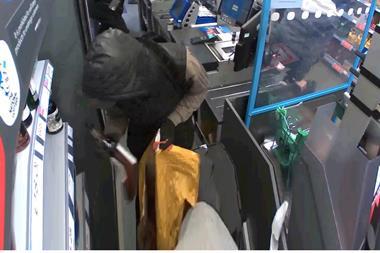

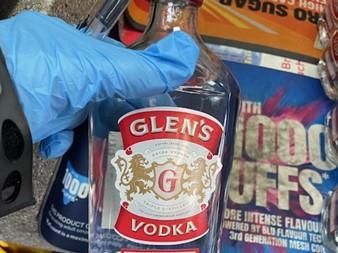
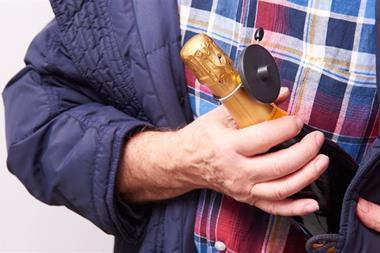
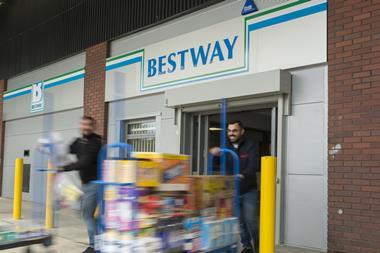
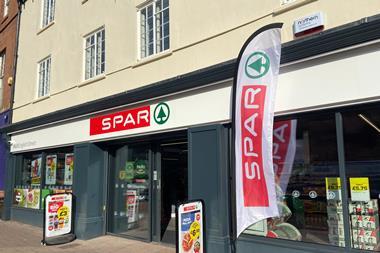
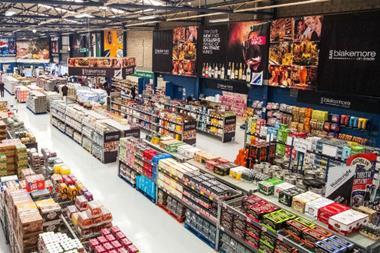



No comments yet